Understanding the Five Steps in the Experiential Learning Cycle is crucial for enhancing our learning experiences. The process begins with Concrete Experience, where active participation in real-world activities anchors our understanding.
Following this, we engage in Reflective Observation, which allows us to critically analyze our experiences. The next phase is Abstract Conceptualization, where we formulate theories or generalizations based on our reflections.
This leads to Active Experimentation, where we apply what we’ve learned in new situations, and finally, we return to Concrete Experience to start the cycle anew.
Each step builds upon the last, deepening our understanding and transforming our approach to learning. This structured method not only reinforces knowledge but also empowers us to adapt and grow through hands-on experiences.
Concrete Experience
Concrete experience plays a crucial role in effective learning. Engaging in hands-on activities not only enhances retention of material but also fosters a deeper connection with the subject matter. For example, during my early college years, participating in community projects allowed me to see the tangible impact of my efforts. These real-world experiences ignited my passion for serving others, as I witnessed the immediate effects of our work firsthand.
Sensory engagement is vital in this process. Interacting with materials, meeting people, and immersing myself in different environments transformed my understanding of theoretical concepts. Each immersive encounter brought theories to life, demonstrating their practical applications. I didn’t merely learn about community needs; I experienced them vividly.
These experiences formed emotional connections that traditional textbooks couldn’t replicate. I heard and saw the stories of those we helped, which reinforced my commitment to this path. The joy and challenges we faced together became essential parts of my educational journey.
Ultimately, concrete experience provided a solid foundation for my personal growth, equipping me with valuable skills and insights that continue to shape my life today.
Reflective Observation
Reflective observation is a crucial process that enhances learning and personal growth. Engaging in this practice allows individuals to evaluate their experiences critically and gain deeper insights. Analyzing emotional responses can lead to feedback loops that improve understanding and foster development.
The table below outlines my reflective observation techniques and the insights gained from each:
| Observation Techniques | Insights Gained |
|---|---|
| Journaling | Helped clarify my feelings and reactions |
| Peer Reflections | Offered diverse perspectives |
| Group Discussions | Promoted deeper understanding |
| Role-Playing Scenarios | Fostered empathy for others |
| Self-Assessment | Highlighted areas needing improvement |
Each technique plays a vital role in enriching my comprehension of various experiences. Engaging in peer reflections not only expands my viewpoint but also cultivates a collaborative learning environment. Through active reflection, I transform experiences into lessons that contribute to personal growth and enhance my ability to serve others effectively. This phase of reflection is transformative, turning experiences into valuable knowledge that shapes my future actions and decisions.
Abstract Conceptualization
Abstract conceptualization involves transforming reflections and experiences into broader ideas or theories applicable across various situations. This stage enables the synthesis of learned knowledge and the creation of frameworks that inform future actions. Through careful analysis of observations, patterns and principles emerge that align with a commitment to effectively serve others.
In this stage, I relate personal experiences to overarching theories. For instance, I evaluate how a specific strategy employed in a community project can serve as a blueprint for similar efforts. This application of theory enhances my understanding and equips me to share valuable insights with others.
I prioritize knowledge transfer, ensuring the concepts I develop are easily communicated and actionable for those around me. Sharing these theories empowers others to implement what I’ve learned in their own contexts, fostering a ripple effect of positive change.
Ultimately, abstract conceptualization reinforces my dedication to learning and service, allowing me to make meaningful contributions to the communities I’m passionate about.
Active Experimentation
Active experimentation is a crucial phase in the learning journey where theoretical knowledge transforms into practical application. This stage allows learners to engage in hands-on activities that connect theories to real-world scenarios. It’s during this time that decision-making skills are put to the test, and strategies are evaluated under various pressures.
In my experiences, I frequently engage in problem-solving scenarios that stimulate critical thinking and enhance my innovative approaches. The effectiveness of active experimentation lies in its capacity to create feedback loops. Each trial, regardless of the outcome, offers valuable insights that contribute to skill enhancement. This process enables me to identify successful tactics and recognize areas needing adjustment, ultimately refining my methods.
Moreover, this phase not only promotes skill development but also boosts confidence in my capabilities. Through immersion in practical experiences, I become more proficient in addressing challenges and providing support to others.
Ultimately, active experimentation is about continuous learning, personal growth, and creating a meaningful influence on those in my environment.
Integrating Learning
Integrating learning is crucial for reinforcing the knowledge and skills acquired through practical experiences. Focusing on applying what we learn makes our education relevant to everyday life. This transfer of skills to different situations ensures that our efforts benefit others effectively.
Feedback loops are vital in this integration process. They help us evaluate our understanding and adjust our methods, creating a continuous improvement cycle. Learning collaboratively enhances this integration; engaging with others provides various viewpoints that deepen our comprehension and application of ideas.
Experiential environments are particularly effective for integration. They push us to think critically, adapt our skills, and apply our knowledge in meaningful ways. Taking advantage of these opportunities not only enhances our personal learning but also aids in the development of our community.
Integrating learning ultimately connects theory with practice. It enables us to transform our experiences into actionable insights, making a significant impact on the lives of others.
Conclusion
Experiential learning is a powerful process that emphasizes the importance of hands-on experiences in understanding concepts. Engaging actively with our environment leads to deeper insights and personal growth. The experiential learning cycle involves five key steps: experiencing, reflecting, conceptualizing, experimenting, and integrating. Each step is crucial in transforming encounters into meaningful knowledge.
As we navigate this cycle, actively engaging with our surroundings shapes our comprehension. Immersing ourselves in activities allows us to grasp complex ideas more effectively. Reflecting on these experiences helps us gain clarity and develop theories that enhance our understanding. When we experiment with these concepts, we test our ideas in real-world scenarios, which reinforces our learning.
Integrating our insights into daily life is essential for personal development. Embracing opportunities for growth enables us to unlock our potential and adapt to various situations. By participating fully in our experiences, we not only learn but also enrich our lives, fostering a continuous cycle of growth and understanding.

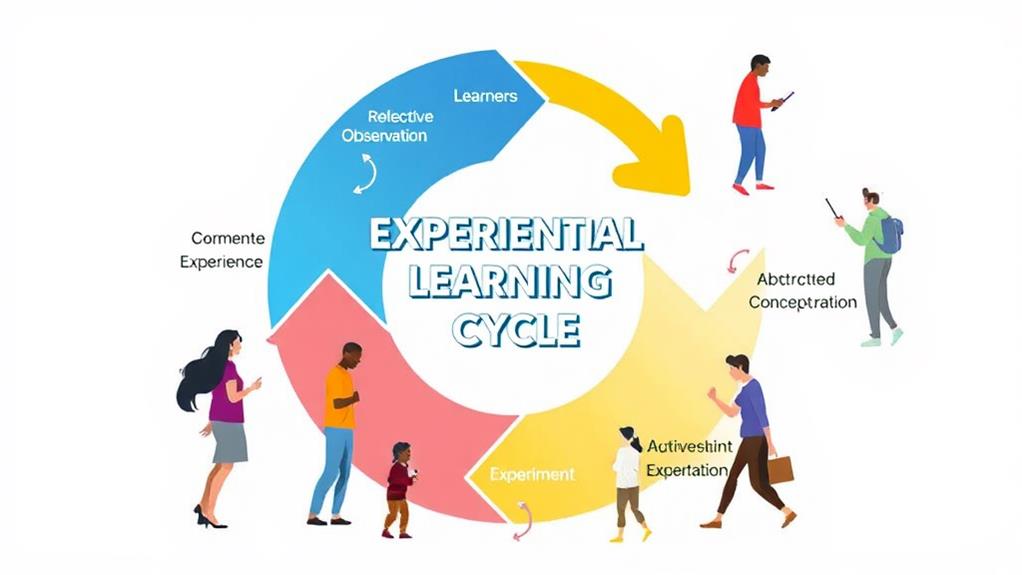
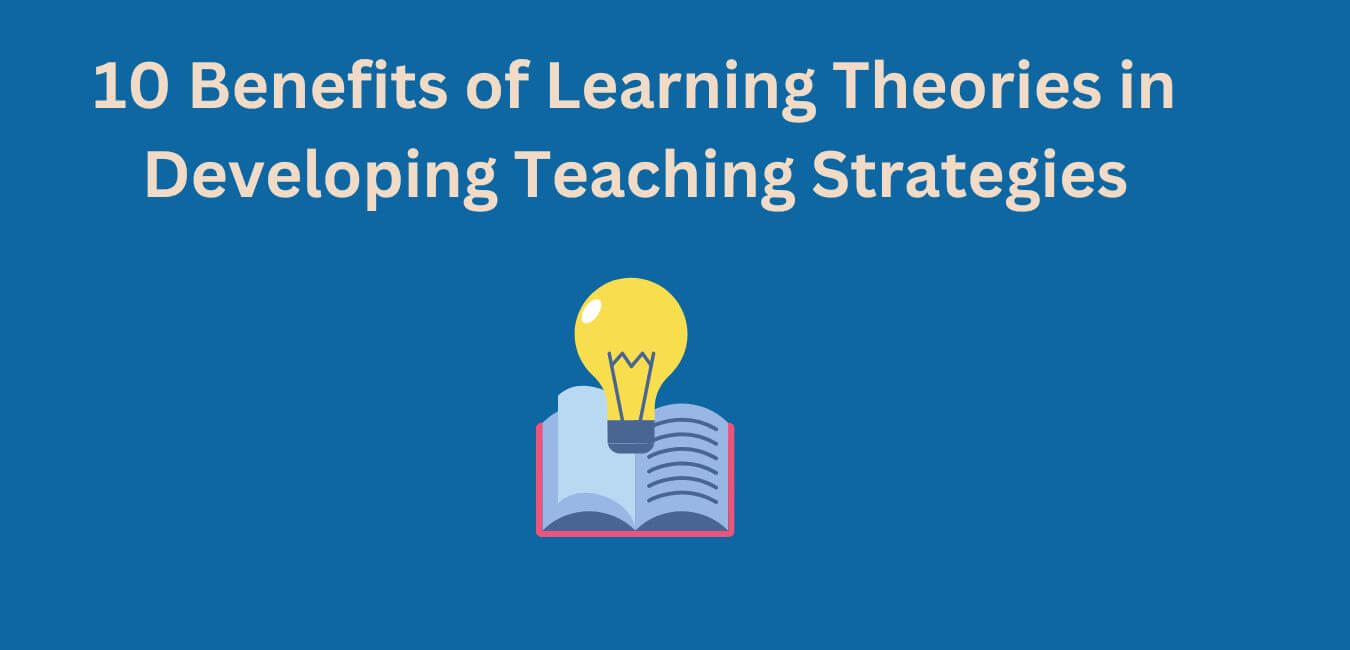
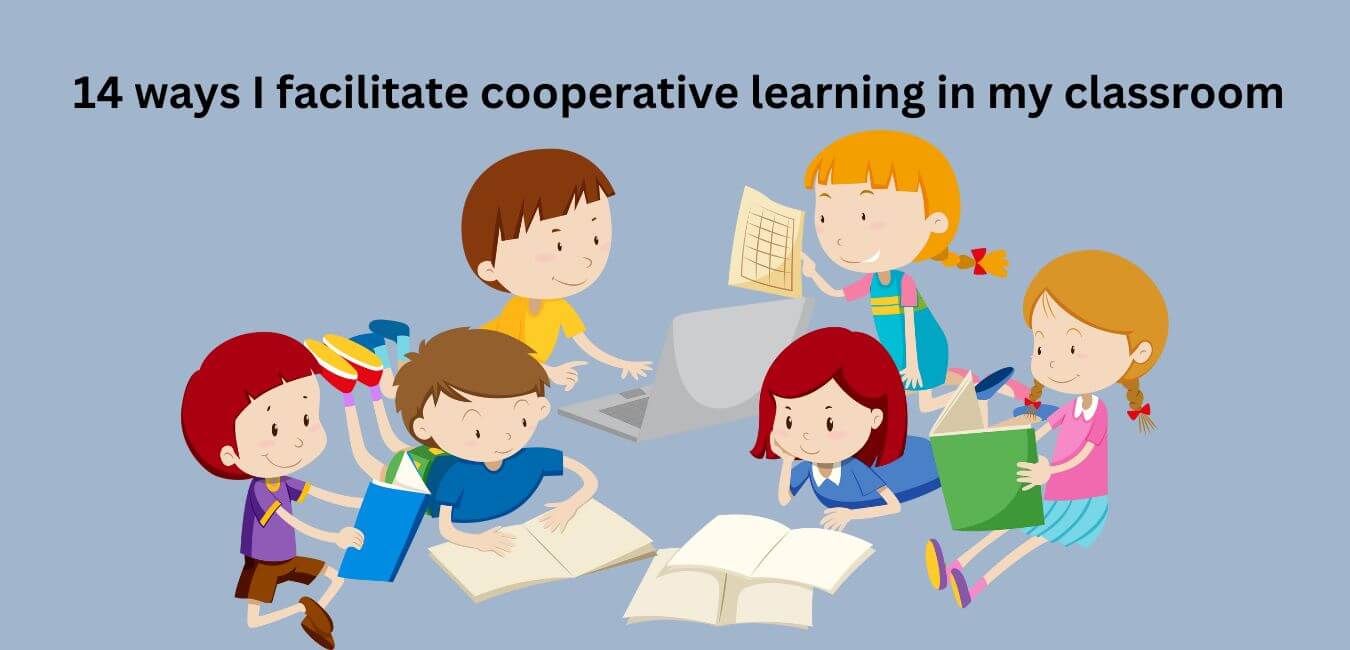
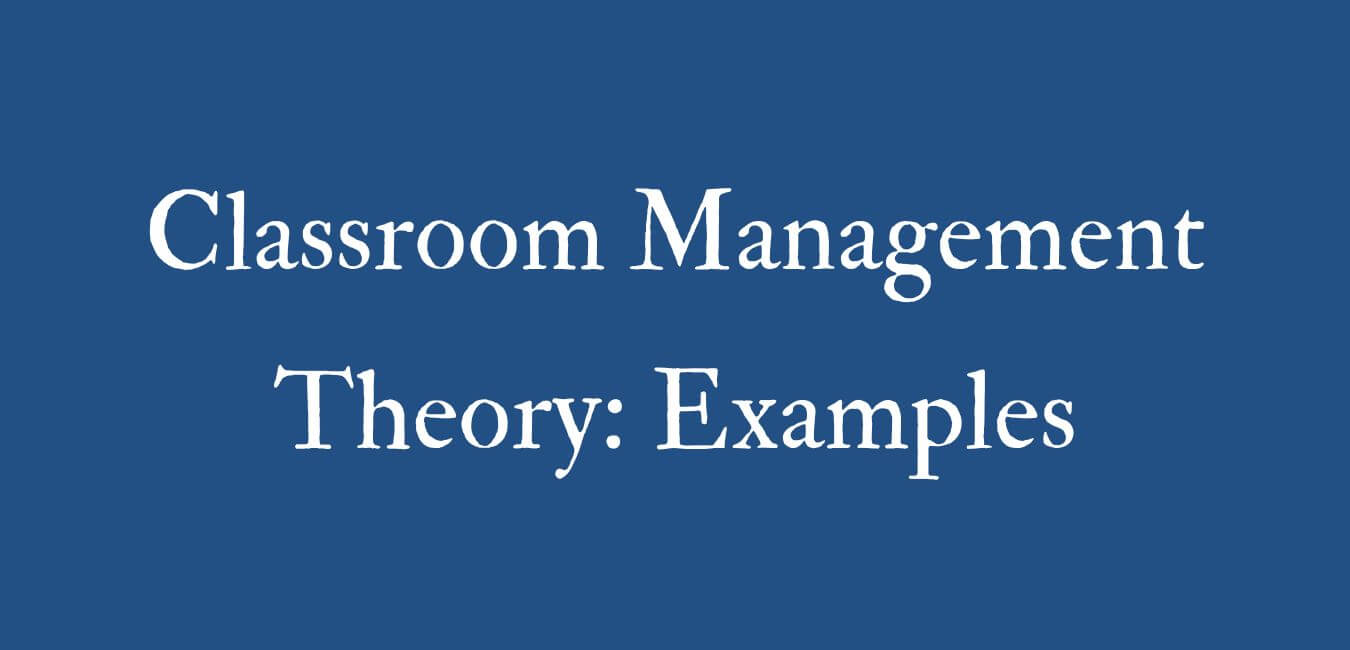
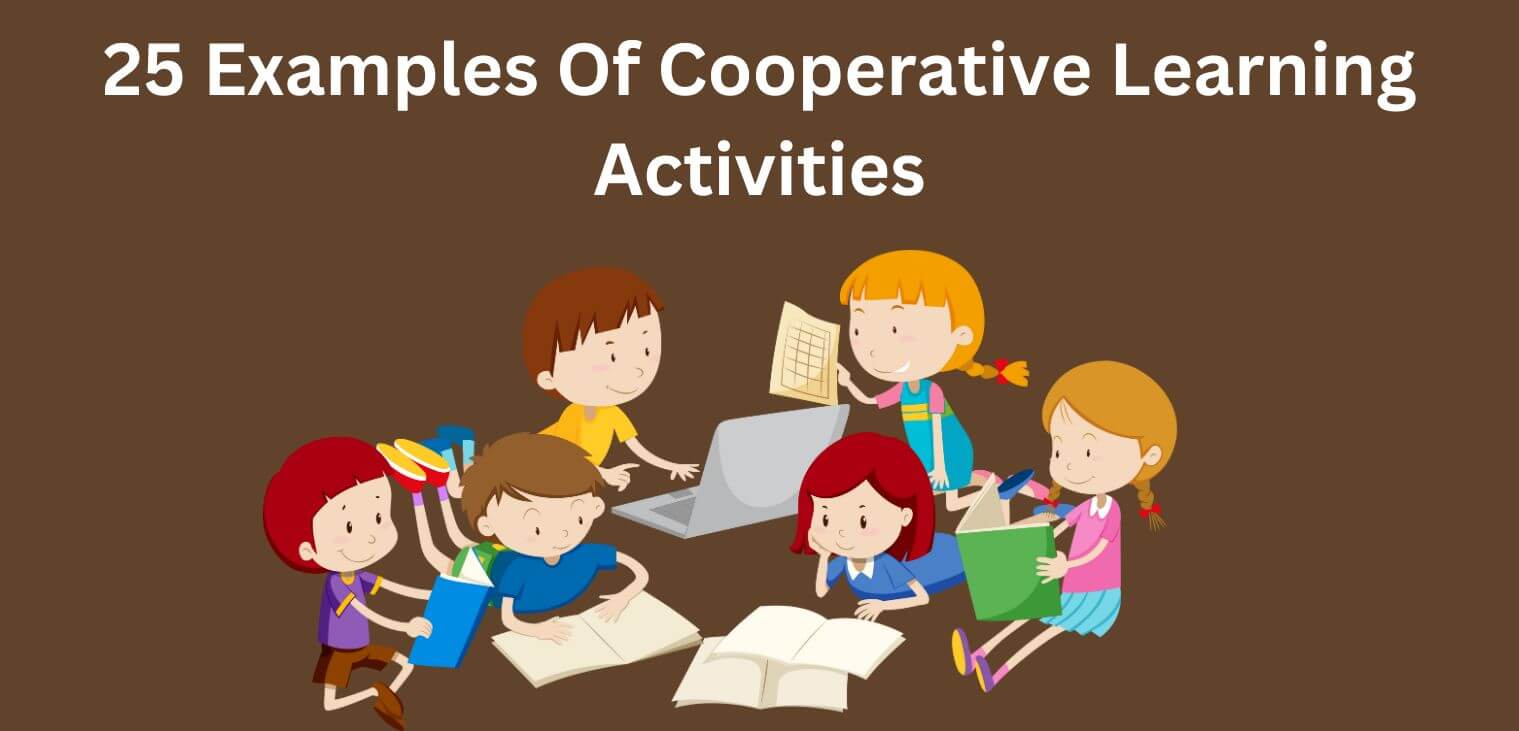
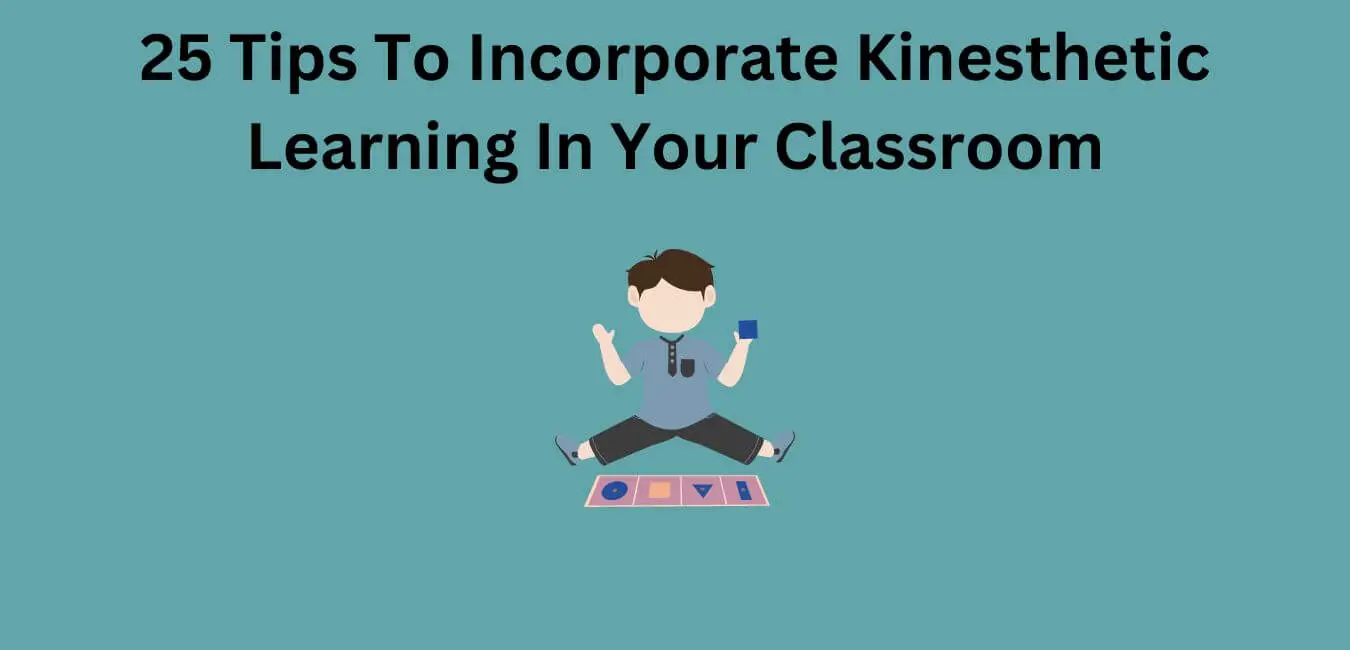



Leave a Reply